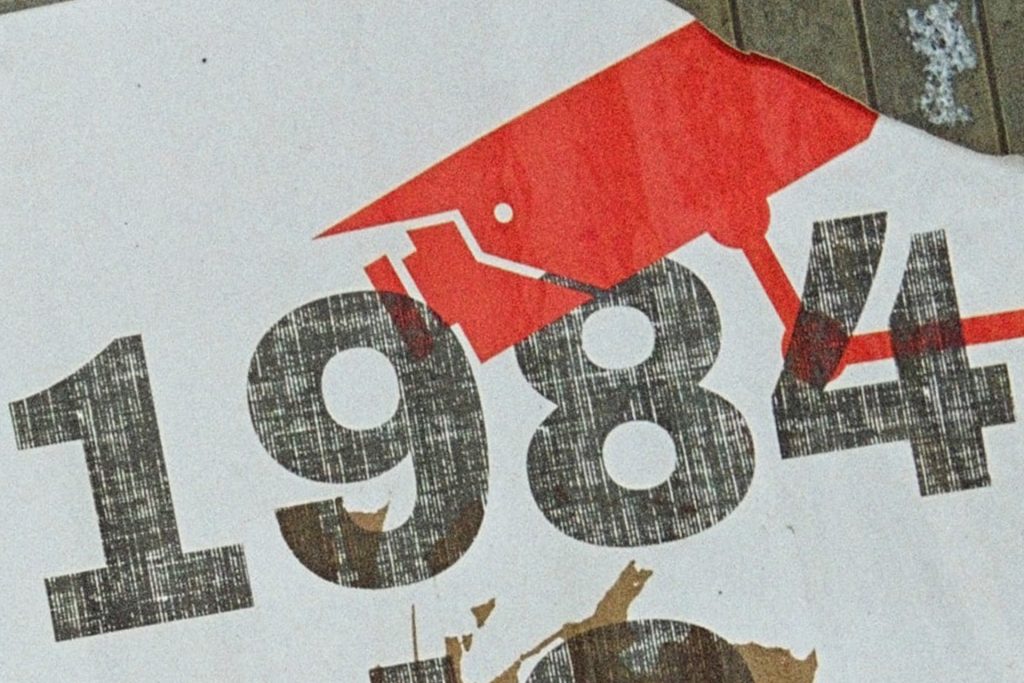It’s World Book Day, a tradition started by the United Nations in 1995 as a celebration of reading, education, the free press, and copyright.
It’s also a day where we come together to celebrate our favourite books.
My favourite book is George Orwell’s 1984. A book that I have read no less than seven times, written two award winning essays on, and probably know better than my own diary.
It is also, in my opinion, one of the most misunderstood books in recent history.
1984 is, usually (and fairly understandably) seen as a fairly straightforward condemnation of Stalinist communism – and the censorship of books and ideas thereof.
This makes sense. Orwell’s other most famous work, Animal Farm, is a far more explicit condemnation of Stalinism, and the fallout of the 1917 October revolution in Russia. Indeed, as Thomas Pynchon points out, “…doubtless as soon as the audience sees Big Brother’s moustachioed face, they will think of Stalin”.
But the parallel isn’t as neat as people think. Censorship, in Orwell’s lifetime, wasn’t limited purely to Stalin’s Russia, and many Orwell experts have pointed out that Winston Smith’s experience in the Ministry of Truth is directly based on Orwell’s work with the BBC during World War II.
Indeed, a source of ire for Orwell was that English publishers refused to print Animal Farm during WWII so as to not offend Stalin who was providing significant support to the allies at that time. Only after the war was over was the Soviet Union considered fair game for criticism, a hypocrisy that was not lost on Orwell, and inspired the shifting allegiances of Oceania, Eurasia and Eastasia in 1984.
It is ironic that Orwell is often used as a “bastion of free speech”, and a symbol of Britain’s attitudes towards not censoring uncomfortable opinions, when his work was so maligned and edited, in effect “censored” at the time. Possibly the most infamous example of this hypocrisy, was that an edited version of 1984 itself was the only version available in the United States during the McCarthy era, with Orwell’s explicitly socialist views removed from the novel.
Overall, it’s fairly clear from Orwell’s choice to set 1984 in London, and have dollars be used as his world’s currency, that Orwell wasn’t intending to do a one-to-one parallel with the Soviet Union. It wasn’t so much an “aren’t you grateful you live here, rather than there” as opposed to a “it could happen here”, or possibly even an “it’s already happened here”!
As we celebrate books, and writing, and freedom of expression today on World Book Day, let us remember the lesson Orwell taught us in 1984: our own nation is not “better” than any other. It’s views on freedom are not exceptional, nor immovable. Freedom of speech is not a right to be exploited, so much as a privilege to be defended.
We should be cautious before we use Orwell as an example of English exceptionalism, because his books could be censored here too.


